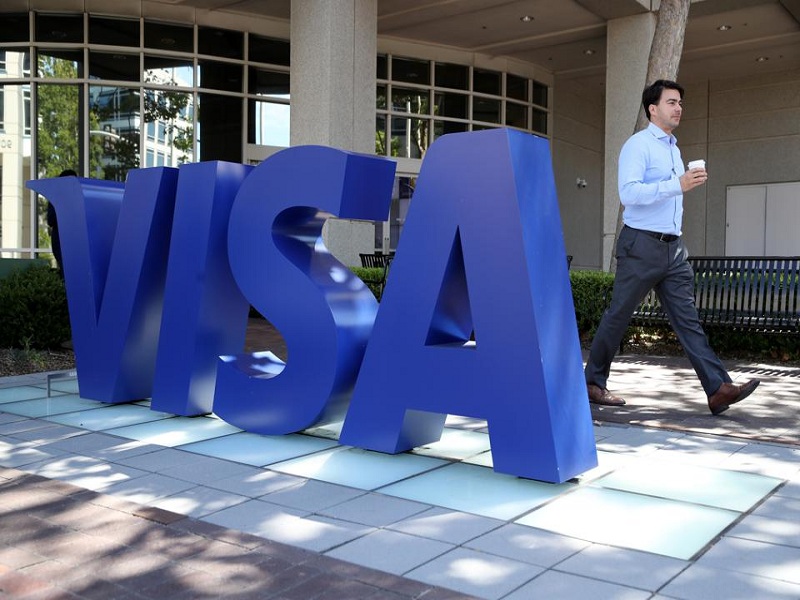Visa CEO Alfred Kelly says the card scheme is preparing its payments network to handle a full range of cryptocurrency assets, according to a report in finextra.
In an earnings call with analysts, Kelly says the company will treat the cryptocurrency market as two distinct segments: traditional cryptocurrencies, such as bitcoin and Ether; and fiat-backed digital currencies including stablecoins and central bank digital currencies.
“In this space, we see ways that we can add differentiated value to the ecosystem. And we believe that we are uniquely positioned to help make cryptocurrencies more safe, useful, and applicable for payments through our global presence, our partnership approach, and our trusted brand,” Kelly told analysts.
For the first segment, Visa will work with “wallets and exchanges to enable users to purchase these currencies using their Visa credentials or to cash out onto a Visa credential to make a fiat purchase at any of the 70 million merchants where Visa’s accepted globally.”
This is similar to card schemes to connect with closed-loop wallets such as Line Pay and Paytm.
Visa has already struck card deals with some 35 organisations in the crypto-markets, such as BitPanda and BlockFi. According to Kelly, these wallet relationships “represent the potential for more than 50 million Visa credentials.”
Looking to the future, Visa will also train its focus on upcoming stablecoins that can be handled as a traditional and globally accepted mean of exchange, including bank-issued coins and central bank digital currencies.
“We think of digital currencies running on public blockchains as additional networks, just like RTP or ACH networks,” says Kelly. “But we see them as part of our network of network strategy.”
In December, Visa published a technical paper that outlines a novel approach for offline point-to-point payments between two devices, touting it as a means for central banks to replicate the physical exchange of cash using digital currencies.
Card rival Mastercard has also dipped its toe in the water, building a virtual testing platform to help central banks assess and explore national digital currencies.

